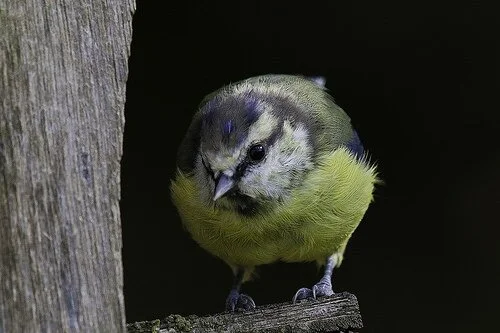Less than a week soon after the new head of the Atmosphere Agency, Lord Smith, said that components of Britain’s coast would have to be evacuated because the shoreline can not be defended from growing sea ranges, the RSPB have determined to abandon a segment of one of their most common bird-viewing reserves.
The RSPB have to abandon a massive proportion of Titchwell Marsh, on the North Norfolk coast as it looks the sea will quickly engulf it. The fresh water and brackish marshes host uncommon birds this kind of as marsh harriers, bearded tits and bitterns and are visited by a lot more than 90,000 bird watchers every yr. Even so due to rising sea ranges and the erosion of sea defences, the marshes and reed beds are beneath risk, and the RSPB appear to think climate change is the primary perpetrator! If sea water flooded the marsh, it would have many destructive results, like the eradication of rudd, which give foods for bitterns, therefore preventing the birds for breeding for at least eight years.
“We’ve got to bear in mind the impacts of climate alter such as sea level rises along the coast and increased storminess. These problems are not going to go away,” mentioned Helen Deavin, the RSPB undertaking manager in charge of the scheme.
Experts have predicted that component of the sea defence wall will require to be replaced in 5 many years so to try out and control the dilemma the RSPB have constructed a £1.five million managed retreat, choosing to develop new defences behind the brackish marshes which will we exposed to the tide and return to salt marshes and mudflats. The only other possibilities have been concrete sea defences and the society felt these would be inappropriate for a nature reserve.
Currently the brackish marsh provides a nesting internet site for an crucial species of wading birds avocets. Even so the charity intends to produce much more properties in other components of the reserve and also hope to set up breeding internet sites at Freiston Shore and Frampton Marsh about 20 km away.
Despite the fact that these 27 acres of brackish marsh will be misplaced, the new defences are hoped to defend the marshland for a additional 50 many years. The new tidal salt marshes and mudflats that will be created when the previous defences are destroyed will also supply essential habitats for birds.
Rob Coleman – the manager of the reserve – spoke about the difficulties they faced, “We faced a stark choice in between sacrificing the brackish marsh or shedding the whole web site to the sea. I know this is a large modify for Titchwell and for the very numerous individuals who share our deep love for the reserve, but the want to go ahead with this scheme was clear.”
Jed Andrews, the warden of the Norfolk Ornithologists’ Association reserve a couple of miles from Titchwell, felt that if these measures are not implemented then the reserve will go the very same way as the nearby Cley marshes, “Cley was the biggest coastal marsh spot in the nation,” he said. “It was a Mecca of bird-viewing. The tidal financial institution there is now nothing but a shingle ridge and the large tides surge in excess of it each and every time.”
Blue Tit
By aldenchadwick on 2014-08-23 16:59:55


